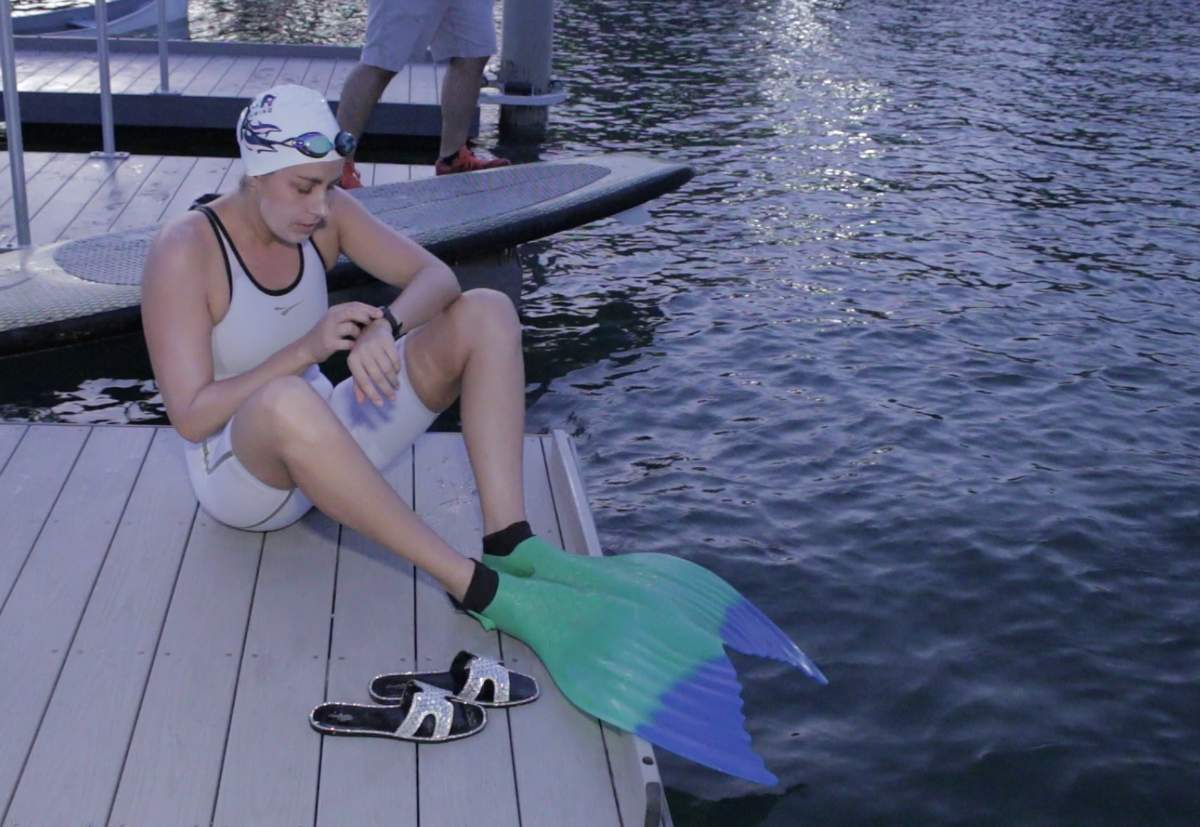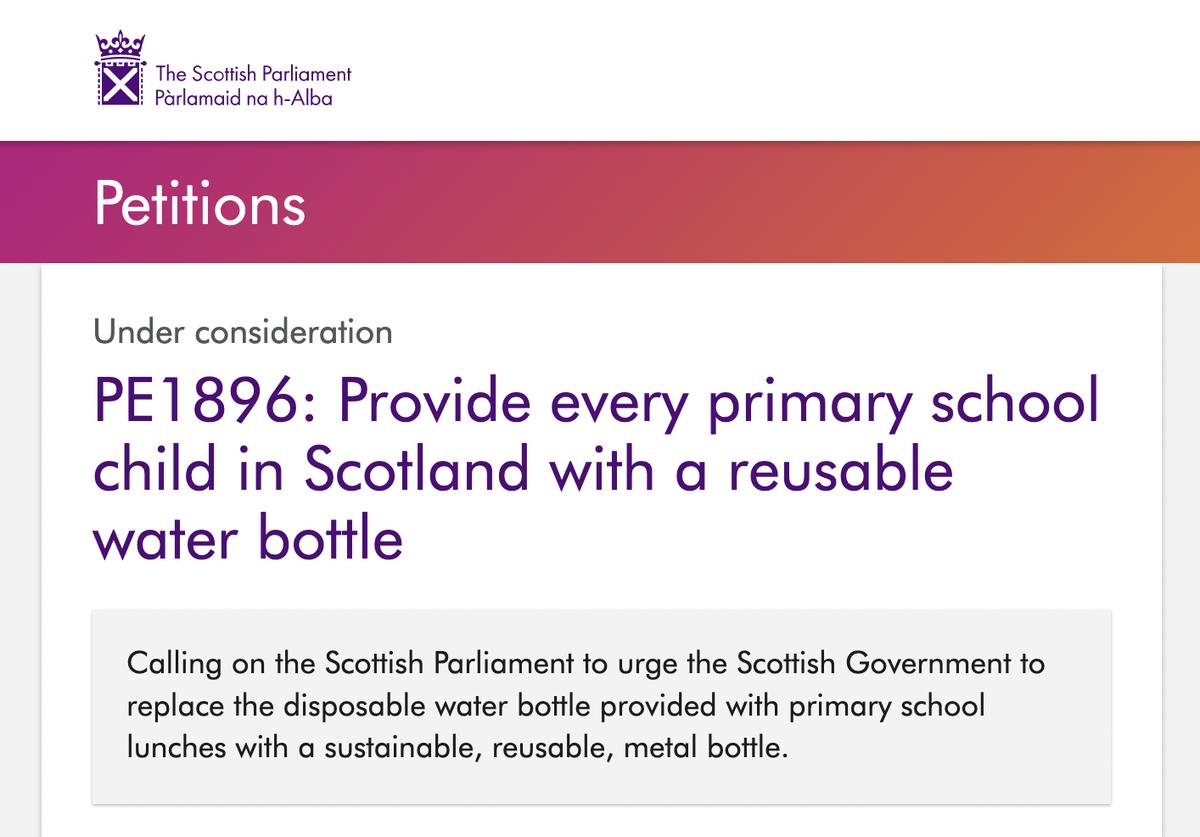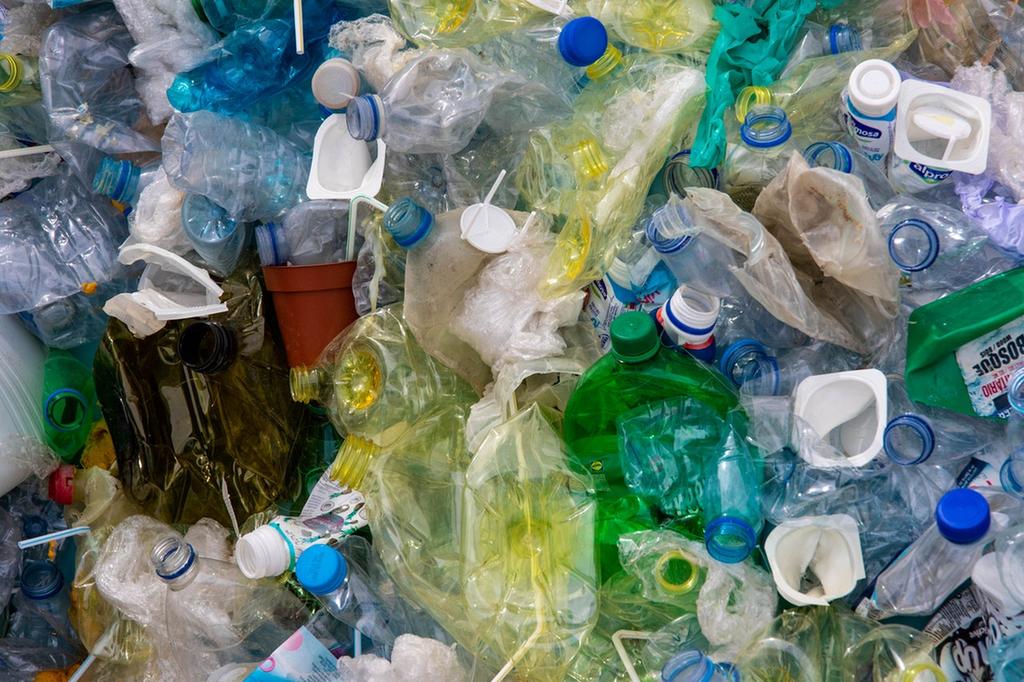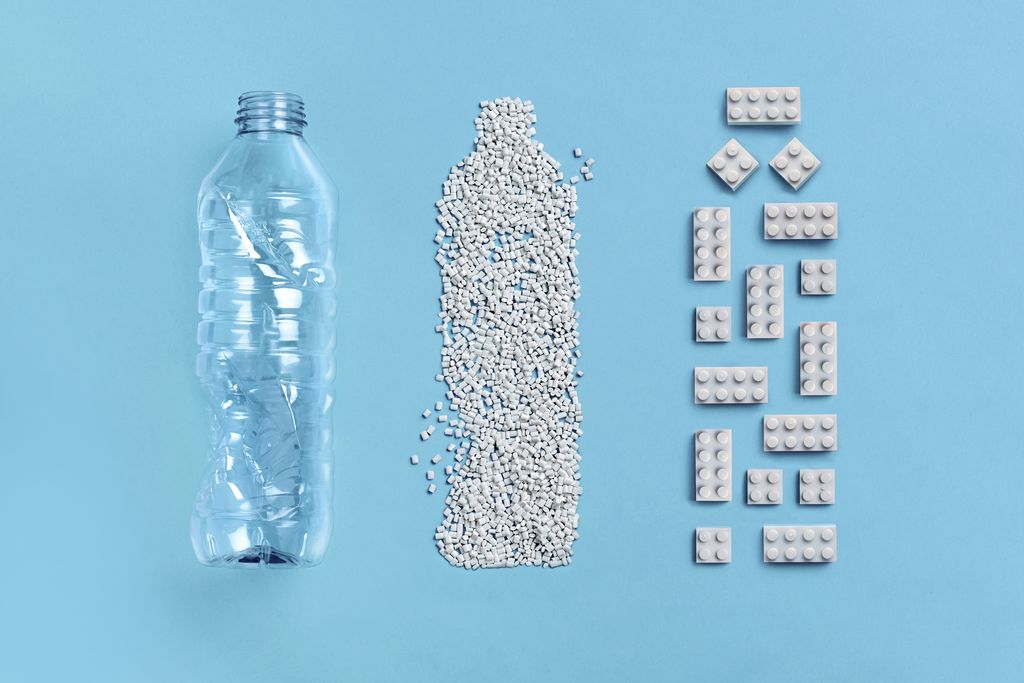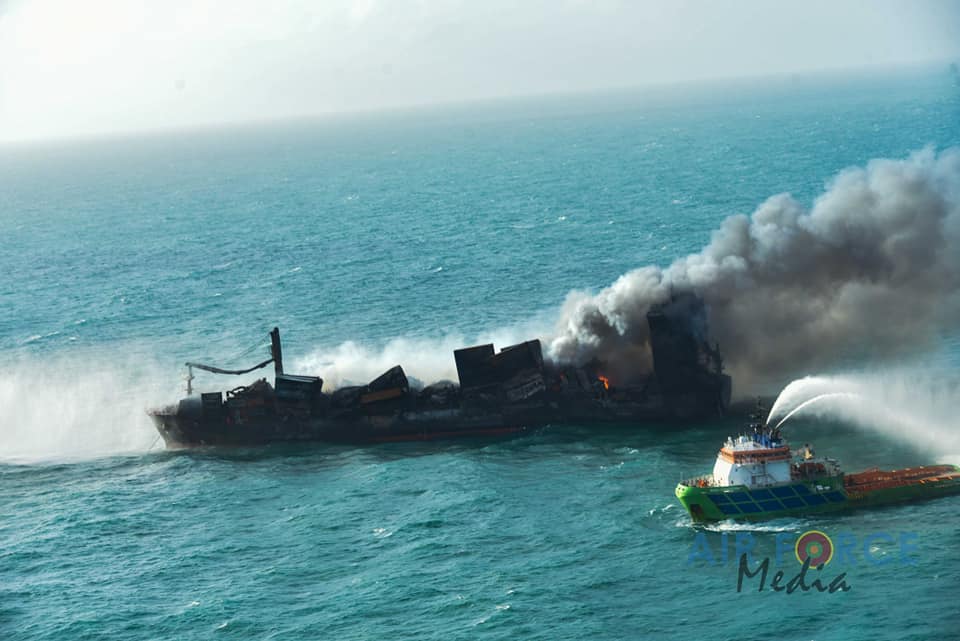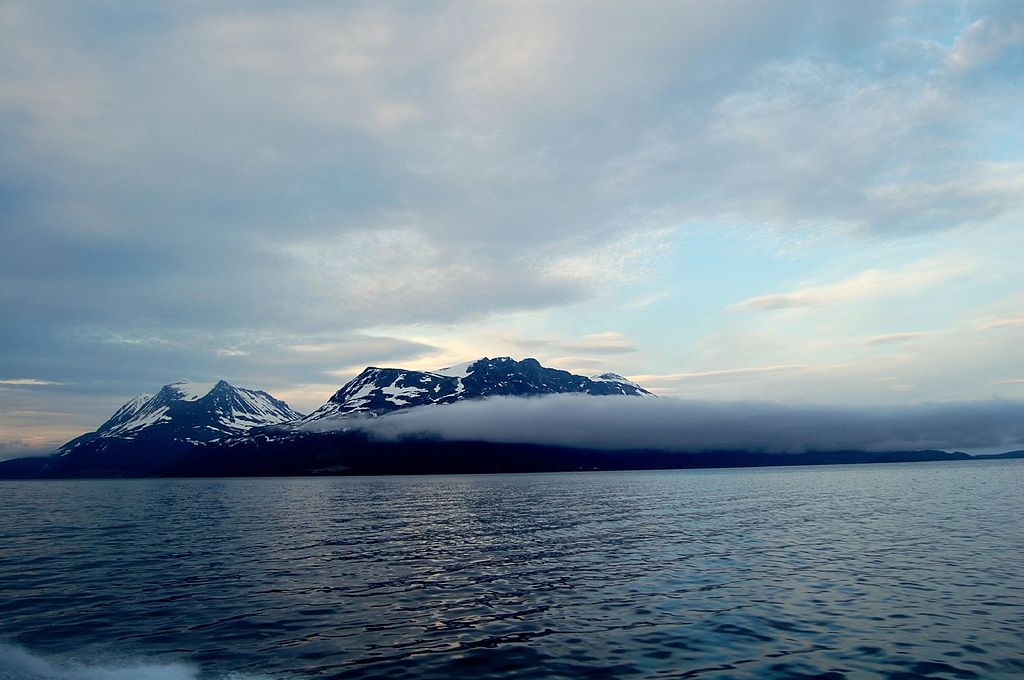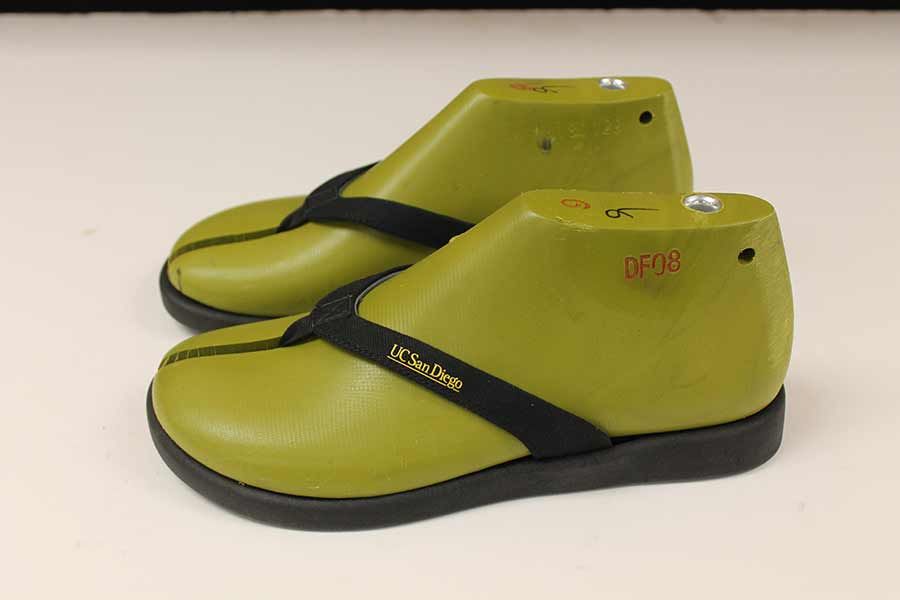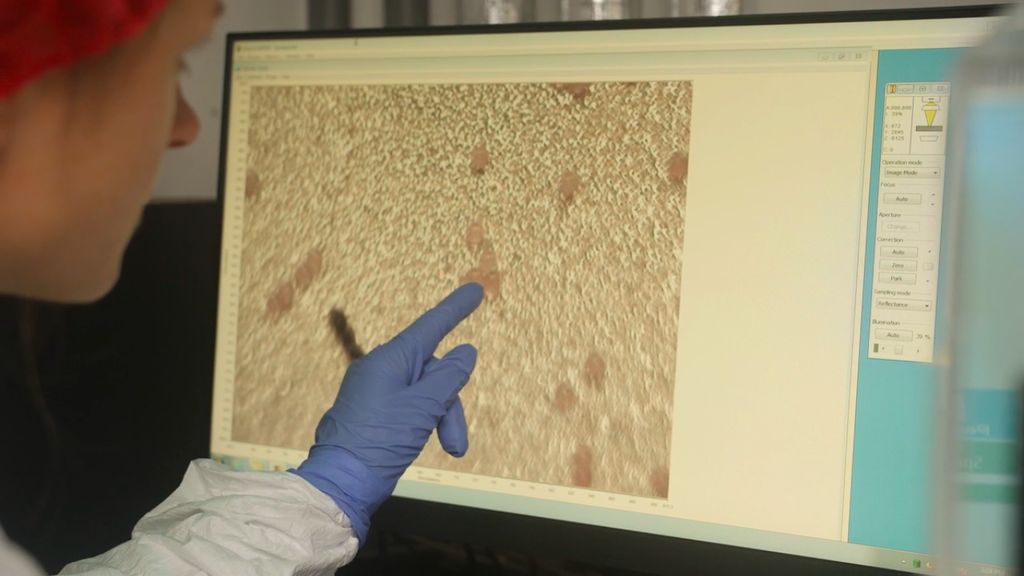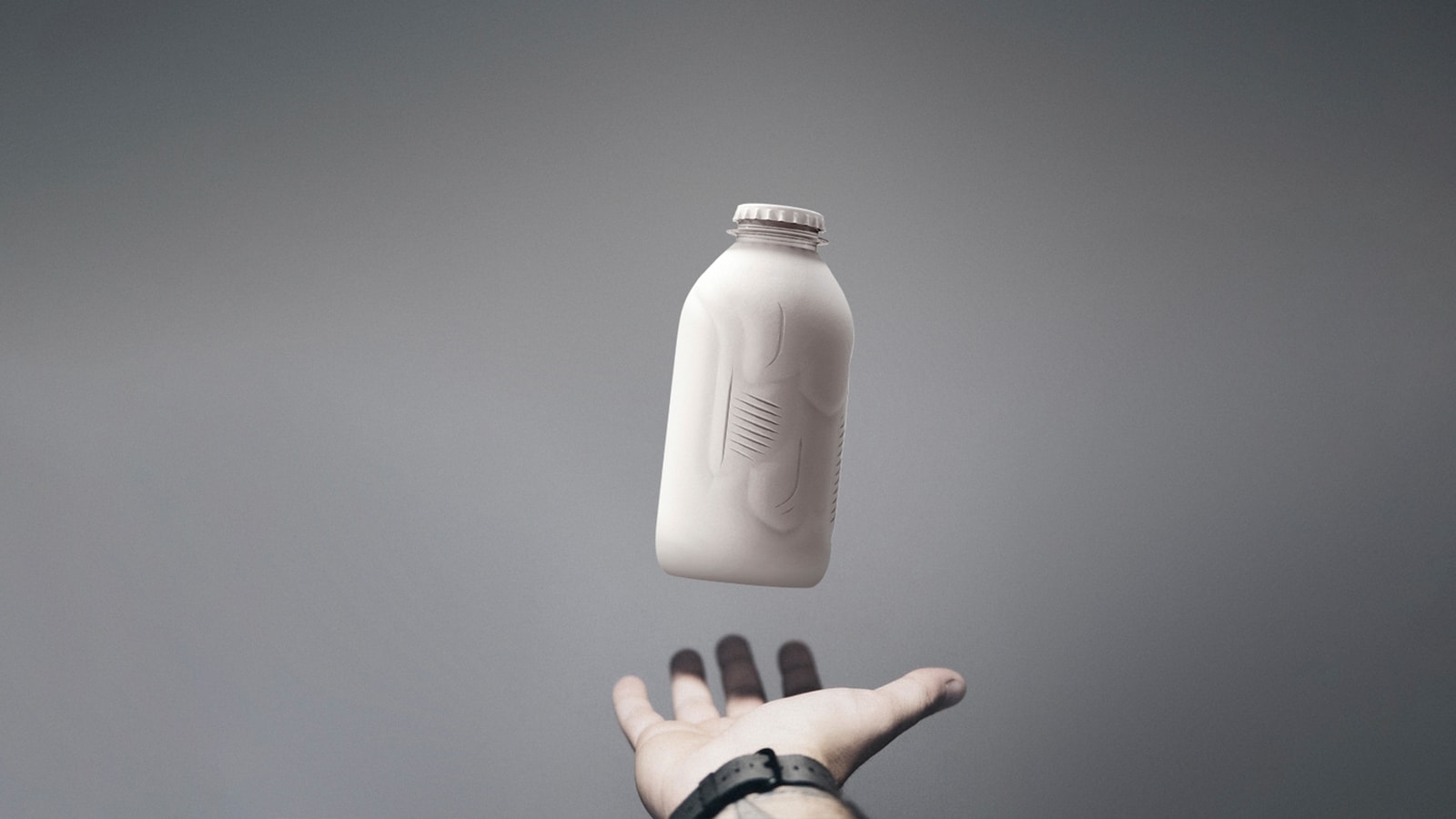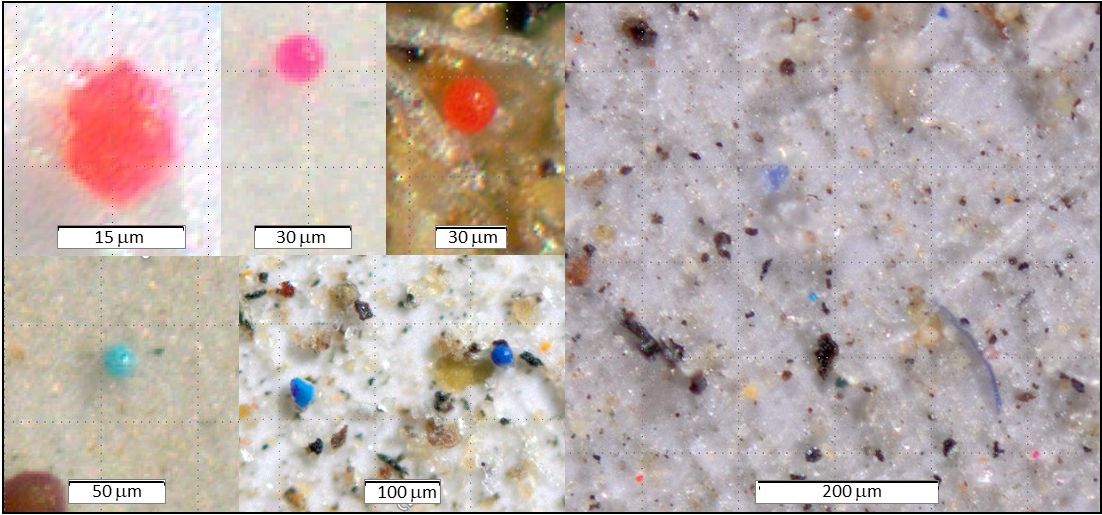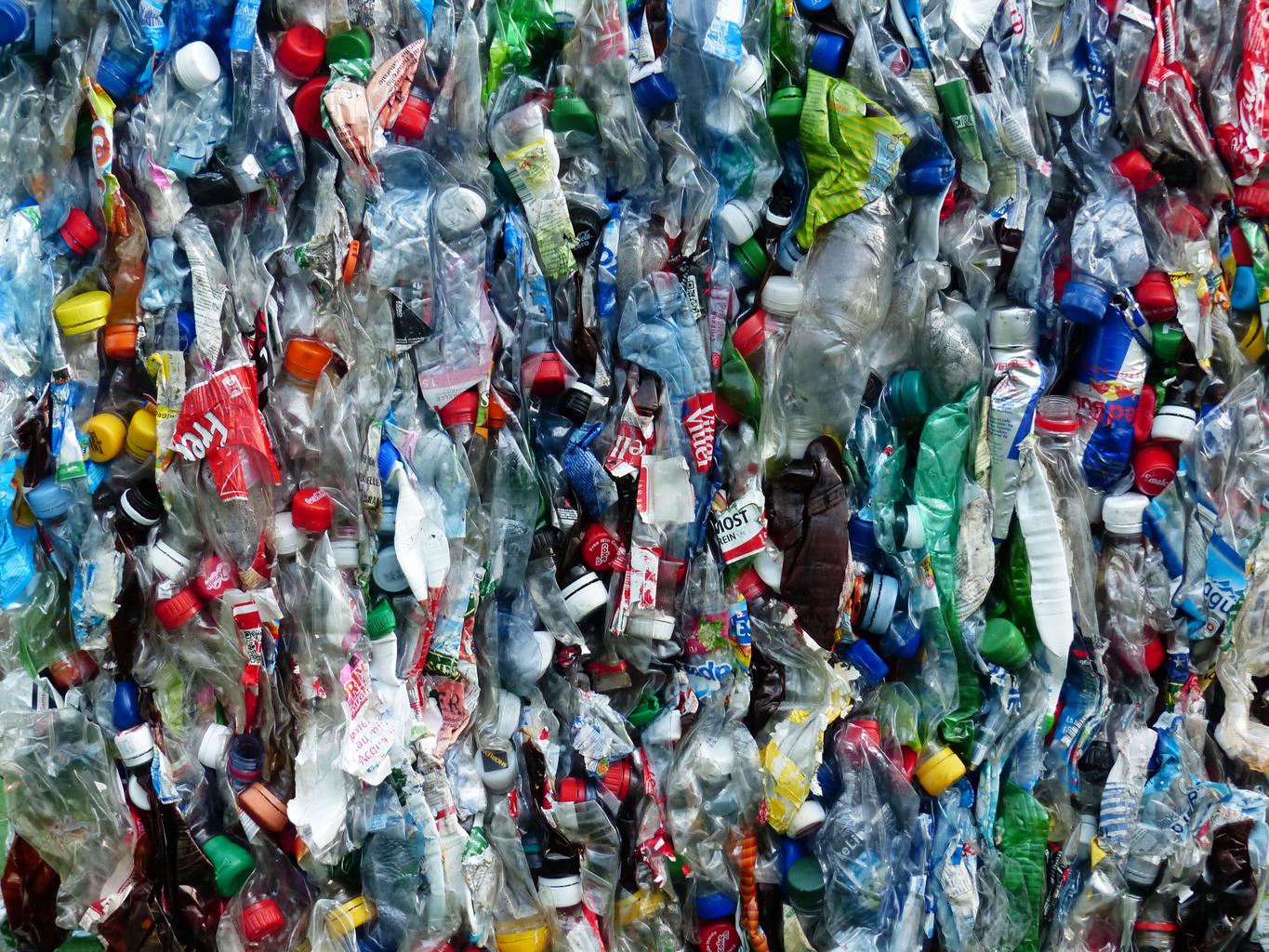On May 7, "eco-mermaid" Merle Liivand broke her own world record for swimming with a single fin. She swam the distance of a full marathon in the rough waters of Biscayne Bay, Florida. She even picked trash out of the water as she swam.
Posts tagged as “plastic”
When Callum Isted saw plastic water bottles being thrown away at his school, he raised money to buy all the students reusable bottles. And he didn't stop there. Last week, he became the youngest person to bring a petition before Scotland's Parliament.
Last Wednesday, people representing 175 countries reached a historic agreement to tackle the problems of plastic. The deal will lead to a treaty that could help clean up plastic pollution around the world, and even put limits on new plastic in the future.
The LEGO Group has been working on a way to make LEGO bricks out of recycled plastic. The bricks aren't ready yet, but the company says it's making progress. Making bricks from recycled materials could cut pollution from the company's bricks by 70%.
Huge amounts of plastic waste have spilled from a burning ship off the coast of Sri Lanka. The waste is covering the country's best known beaches with plastic. A cleanup effort has begun, but there are worries that the pollution could grow worse.
A recent scientific study has shown that the Arctic Ocean is polluted with tiny microplastic fibers. The fibers were found all through the Arctic. The most likely source of the pollution is laundry from Europe and North America.
Every year, about 3 billion flip-flops are produced. Now scientists have come up with a way to make sure new flip-flops don't add to the massive plastic waste problem in our oceans - by making flip-flops out of algae.
Researchers report that there is 10 times more plastic in the Atlantic Ocean than previously thought. The scientists got their results by collecting samples of "invisible" microplastics below the ocean's surface.
Several large companies have begun creating paper bottles to replace glass and plastic ones. Paper bottles aren’t quite ready to go yet, but you may see them appearing on shelves over the next few years.
Scientists have discovered that massive amounts of microplastics are falling into remote areas in protected US national parks every year. The tiny bits of plastic are carried there by winds and rains.
Recently, researchers have reported on two different ways to break down different kinds of plastic. The new advances could lead to easier, high-quality recycling, and help deal with toxic plastic pollution.

